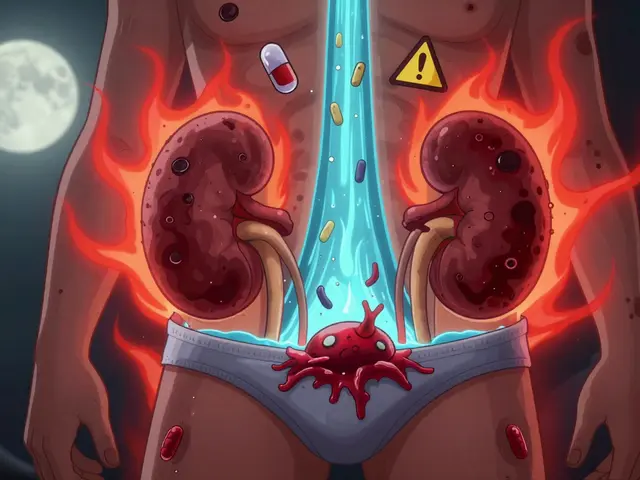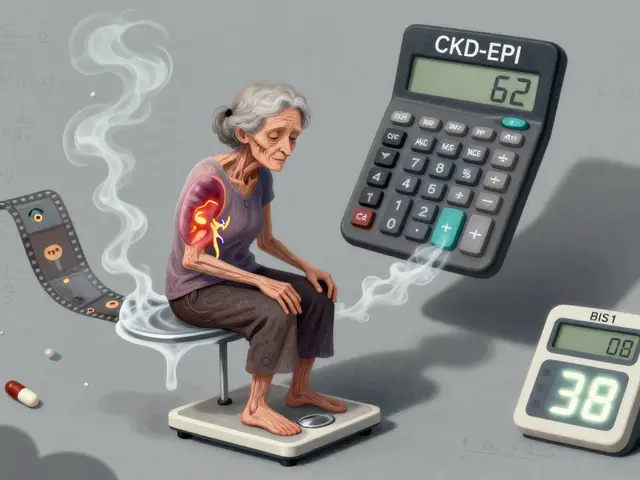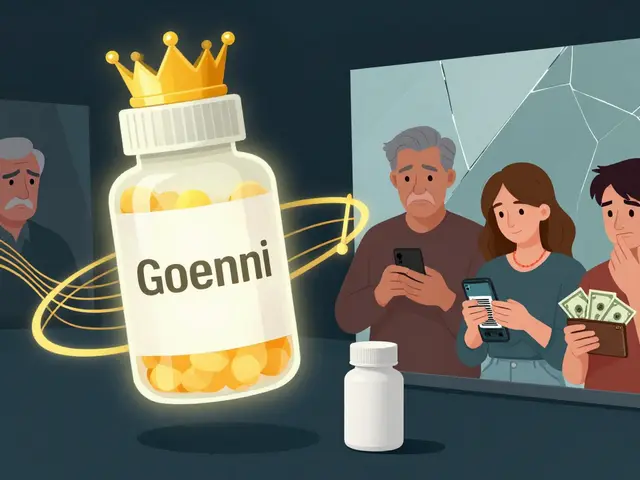Simple ways to feel happier today
Feeling happier doesn't require a life overhaul — small, consistent moves add up fast.
Quick daily changes
Start with sleep: aim for a routine and 7–9 hours. Poor sleep makes mood swings worse and decision-making harder.
Move more: 20–30 minutes of brisk walking five times a week eases stress and boosts energy.
Get sunlight early: 10–20 minutes in the morning helps your circadian rhythm and lifts mood.
Connect: short real conversations beat endless scrolling. Call a friend, join a local group, or check in with a neighbor.
Do one thing that gives you control: plan a healthy meal, pay a bill, or tidy a single drawer. Small wins improve confidence.
Set micro-goals: write three simple tasks for the day and mark them done. Progress beats perfection.
Watch your meds: some drugs change mood or sleep. If you notice vivid dreams, low energy, or sudden irritability, talk to your doctor. Our "Antidepressants and strange or vivid dreams" article explains what to look for.
Balance booze and caffeine: both can worsen anxiety and sleep. Try cutting one out for a week and note any difference.
Try breathing breaks: 3–4 minutes of slow breathing calms the nervous system and clears the head.
Add small pleasures: a good cup of tea, a five-minute stretch, or a favorite song can reset your day.
Routine matters: consistent mealtimes, sleep, and work blocks stabilize mood.
If you live with chronic illness, focus on what you can control. Simple steps—med adherence, scheduled rest, and a short daily walk—reduce stress. Our articles on lupus and heart failure include specific home care tips.
If side effects from treatment bother you, don't rough it out. For example, some scalp treatments can cause irritation; other meds interact and change how you feel. Check with a pharmacist or use our guides about drug interactions and safe online pharmacies.
Therapy helps. A short course of cognitive behavioral therapy or practical counseling often brings fast, measurable relief.
Limit doomscrolling and set a news window. Too much bad news numbs your mood and fuels worry.
Eat simple: regular protein, vegetables, and less sugar support steady energy and clearer thinking.
When to get medical help
Track progress, not perfection. Keep a simple mood note—one sentence each evening about what felt good and what didn't. When to seek help: if low mood lasts more than two weeks, you have suicidal thoughts, or everyday tasks feel impossible, contact a healthcare provider right away. Urgent support is not a sign of weakness.
Pick one change now: sleep timing, a 10-minute walk, or calling someone. Try it for two weeks and see what shifts. Small steps build a happier life.
Start small: pick one morning habit, one evening habit, and one social habit. Track them with a note or app. If you take prescription medicines, review them yearly with your doctor or pharmacist. Browse related articles here for tips on medication side effects, therapy options, and practical guides to safer online pharmacies. Make changes gentle and repeatable for lasting results. Always.
Oats: The Secret Ingredient to a Healthier, Happier You
I've recently discovered the amazing benefits of oats and I just had to share it with you all! Oats are not only a delicious and versatile ingredient, but they're also packed with nutrients that can improve our overall health and well-being. They're a great source of fiber, which helps with digestion and keeps us feeling full longer. Plus, they can help lower cholesterol and even improve our mood. So, next time you're looking for a healthy, satisfying meal or snack, don't forget to include oats!






